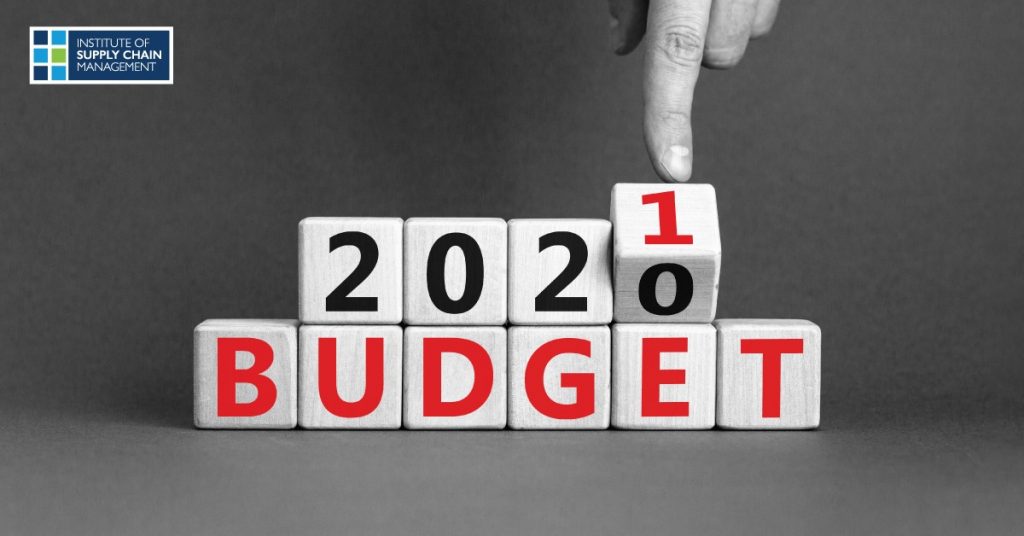The Situation Going into The Budget
In 2020, the UK narrowly avoided a double dip recession however the economy shrank by 10%, the largest decline of the G7 nations. To help a Post-Brexit Britain recover from the pandemic and economic decline the Chancellor, Rishi Sunak, announced a raft of coronavirus support, changes in taxation, spending plans and capital investment for the future.
What were the key parts of the Budget?
- Furlough has been extended to the end of September. The government will pay 80% of the employees’ wages however the employers will be required to contribute 10% in July and 20% in August & September.
- 600,000 self-employed people who were previously excluded from support will be able to access grants.
- Minimum wage will increase to £8.91 from April.
- The £20 per week Universal Credit uplift will be kept for 6 more months.
- Personal tax allowance to be frozen at £12,570 and higher rate income tax threshold to be frozen at £50,270 for the next 5 years. But no change to the rates of VAT, Income Tax or National Insurance.
- Small companies under £50,000 will have their corporation tax rate froze at 19%, companies with over £250,000 profits will have their corporation tax raised to 25% in April 2023. Companies with profits between £50,000-£250,000 will be taxed somewhere between 19%-25%.
- £10m to support veterans of our armed forces with their mental health.
- A super-deduction tax break to allow businesses to deduct 130% of their investment cost from their profits, reducing their tax bill.
- £3,000 will be paid as an incentive to companies to take on apprentices.
- 5% VAT rate for hospitality businesses until September where it will increase to 12.5% for 6 months then back to the normal 20%.
- Billions in restart grants to businesses forced to close.
- Freeze on fuel and alcohol duties.
- New UK Infrastructure Bank in Leeds and a Sovereign Green Bond Scheme.
- £1bn for regeneration for 45 English towns.
- The first eight sights for Freeports have been announced.
Freeports
What Are Freeports?
A free port can be located at an airport or seaport, it is a port where normal tax and customs rules do not apply. Goods that arrive at the freeports are not subject to the usual tariffs that need to be paid to the government. Once the Goods that arrive into these ports need to go into the UK, they go through the full import process and become taxable, if they go overseas then no tariffs need to be paid.
As part of the UK wanting to increase their global trade after Brexit, the Government proposed creating up to 10 of these freeports in the UK. These Freeports will be up to 27 miles across
The UK actually had 7 freeports between 1984 and 2012, until the legislation that established them expired.
The European Union have called for a ban on freeports due to the risks of Financial Crimes, Money Laundering, Tax Evasion and Tax Avoidance occurring in Freeports.
In the Budget, Rishi Sunak announced the location of 8 of these ports in England.
Where will these freeports be?
- East Midlands Airport
- Felixstowe & Harwich
- Humber
- Liverpool City
- Plymouth
- Solent
- Thames
- Teesside
Over 30 parts of the UK applied to be a Freeport, and the areas were scored against criteria. As part of Prime Minister Boris Johnsons ‘Levelling Up’ agenda poorer areas of the UK scored higher against the criteria as it is hoped that these Freeports will bring investment and jobs to these areas.
Only 8 sites in England have been announced so far, it is expected that the devolved nations of Scotland, Wales and Northern Ireland will announce their own freeport locations and policies in due course.
The Scottish and Welsh Governments have been sceptical of Freeports and their benefits. However Scotland are expected to announce their own ‘Green Ports’ where they will require businesses to be sustainable, pay the living wage and help work towards a net-zero Scotland.
When will these freeports become operational?
According to the government they will become operational towards the end of 2021.
Why is the Government setting up 8 new Freeports?
In the Governments own word Freeports are ‘Seizing on the opportunities presented by leaving the EU’ and are ‘Designed to attract major domestic and international investment, areas given Freeport status will benefit from a wide package of tax reliefs, simplified customs procedures, a streamlined planning processes to boost redevelopment and government support to promote regeneration and innovation.’
Although Freeports were not illegal under EU law, there were rules around State Aid which would affect the tax breaks the UK could give to companies operating in the freeports.
Companies that are operating inside the Freeports will be offered temporary tax breaks for up to five years. This will be in the form of reduced national insurance on new staff and a reduction in tax companies pay on existing and new properties.

If you are a Corporate member of IoSCM, don’t forget to visit the Brexit Toolkit

